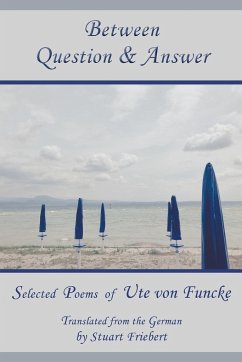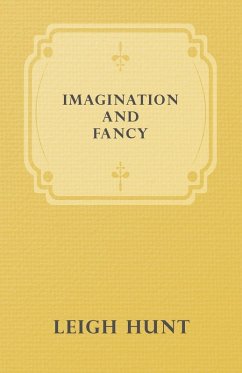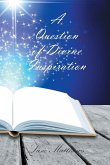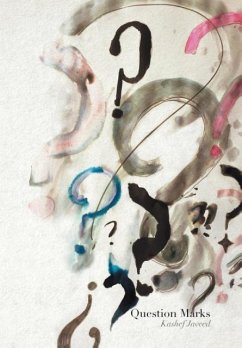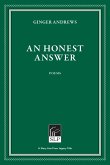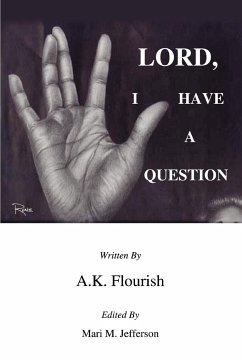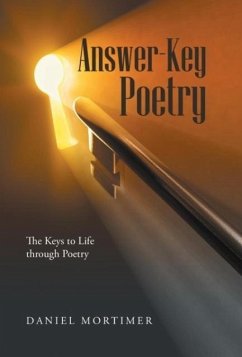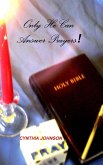From the Introduction by Christiane Wyrwa It is a common view that poetry should not be an organ for answers but for questions-yet this collection shows how these opposites perform an act of dynamic balance: these poems stand firmly between question and answer. Ute von Funcke lives in Munich, where she was born. For her, the wealthy Bavarian technological boom town of today still holds memories of her childhood shortly after World War II, when people lived in bitter need in an old town completely destroyed by bombing. Between Question & Answer includes selections from her four German books, as well as hitherto unpublished poems. Von Funcke highly esteems the role and importance of women in literature, vividly expressing emotional depth and strong feelings. For her, poetry and politics belong deeply together-yesterday's evils and suffering are still just as cruel today and need to be strongly denounced. In the first section, the title Yesterday's Words mentions the material that produces all poetry-the words-and several poems refer to the process of composing. In "The Censor," for example, a guiding voice in the poet urges her to "mop up letters / get rid of unwilling ones / where to / incorporate / dispose / give away / lend out or give back." The word "yesterday" in the section's title leads to scenes of childhood evoking deep impressions via phrases rich in emotional depth, metaphor, and allegory. Into the Dark, the second section, presents poems with a window into the dark passages where aggression and violence prevail. "The black flag of terror" is never far off, showing the witnessing listener "the smoking ruins / when history repeats / on dark paths." War's never-ending horrors are described in precise, vigorous, rhythmic diction leading to the slogan "Never again war"-and the poems following, with manifold fragments of postwar experience, demonstrate first childhood memories of bygone war-times, but then lead straight into the renewed horror of Chernobyl, and other new forms of death's everlasting horrors. This section is rounded off with poems about present day Berlin, highlighting impressions of shockingly disparate elements of the careless pastimes of the rich vis-à-vis the alarming misery of the poor. Other Worlds, the third section's poems, lead us literally into distant, mysterious realms where we meet Moses, Eve, the serpent, and Lucifer, the fallen angel from the Bible, but also some well-known characters from the world of myth via scenes from their lives described in the literary heritage of ancient times, such as the wanderer Ulysses returning home, and Cassandra's cry "still forlorn / and in vain." The "painful wound left open," with all its transient elements in the course of history, is transposed into the poet's distinctive inner experience by "the inner eyes" inside her temples. Forget, Darling, the last section's poems, moves us from realms of violent hatred to the world of love, concentrating on poems of our affections. We are introduced to the "Heartbeat symptoms / between question and answer" of the book's title that keep us all in a world of eternal mystery. At times the poem's voice-simply an "I" addressing a "you"-moves about in a world without time, somewhere under sun and moon in a field in dripping rain, where the two rock in the wind. Stuart Friebert is one of the most active, experienced American translators of German poetry; an expert in transposing wording and line structure into his smooth American-English. His translations express the same imaginativ

